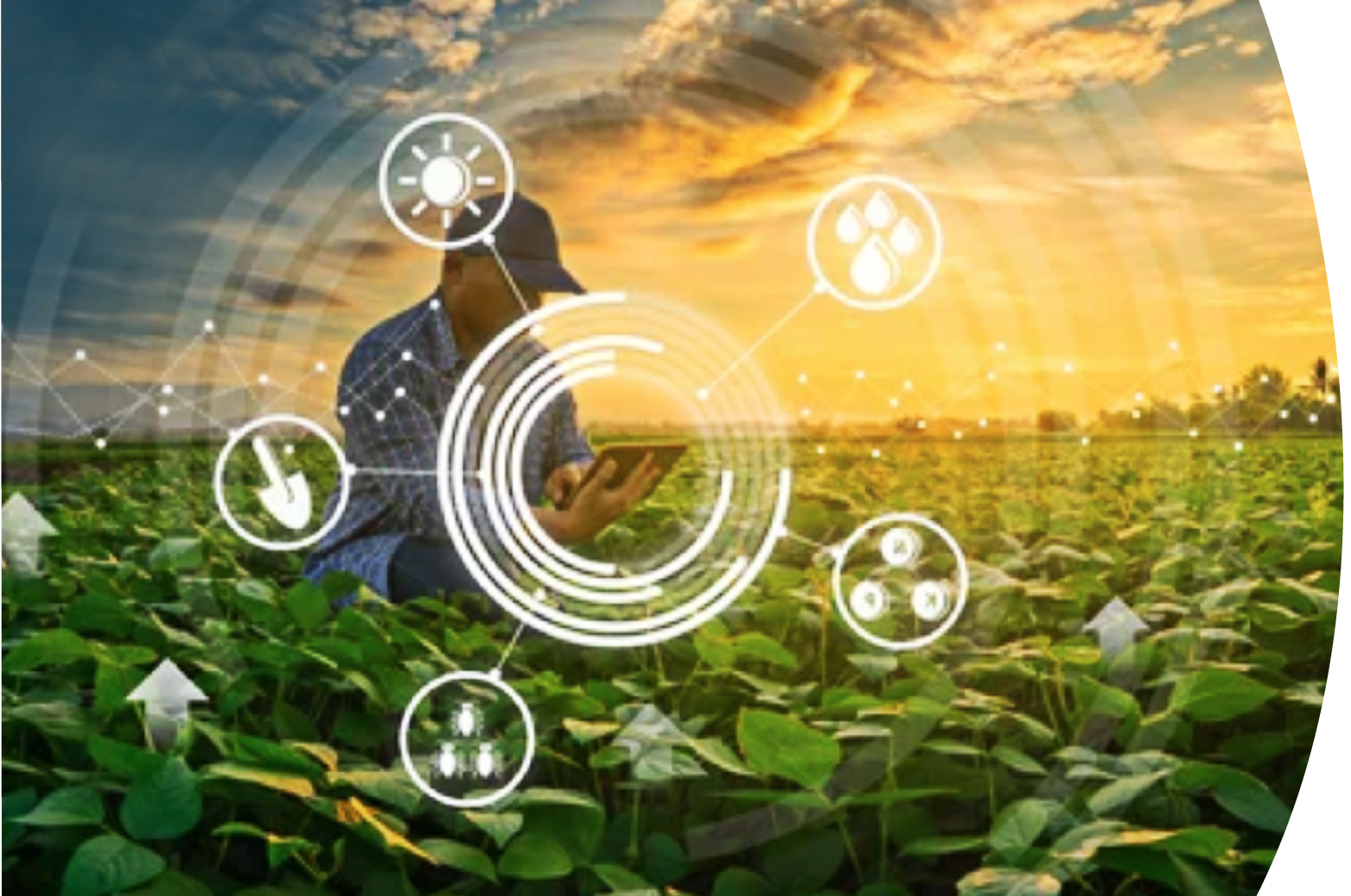

Veterinary Diploma - Food & Abattoir Control
The Faculty of Agronomy seeks to prepare qualified human resources to support sustainable agricultural development and preserve healthy ecosystems through scientific and applied research.
The Faculty contributes to rural development and community service through productive and on-field activities, to solve agricultural and environmental problems and monitor food safety.
Description
This program involves the study of food safety and technology of foodstuffs of animal origin (milk, meat, fish, eggs and honey), animal health and diseases that may be transmitted to humans.
It provides the students with skills to identify and assess food safety and quality standards in animal production centers, such as testing meat in slaughterhouses, biology and food microbiology, nutrition quality management, risk analysis system and food toxicology.
It also provides them with a comprehensive educational experience, ensuring scientific and technical competencies to enhance the integration network between the university, industrialists and government institutions in relation to food and animal issues, through teaching, research and joint development programs.
The duration of this diploma is six years (five of which are common - General Veterinary Medicine). In the 6th year, students are divided into three specializations: Poultry Medicine, Domestic Animal Medicine, Food & Abattoir Control.
The curriculum is divided between theoretical lessons, practical work, technical scientific trips and scientific training, in addition to training in private veterinary clinics.
-

Language(s)
English
French -

Fees
245,000 LBP (Lebanese/Palestinian students) and 995,000 LBP (Non-Lebanese students) during the academic year.
 LU Services
LU Services
 League of Retired Professors
League of Retired Professors
 News
News
 Vacancies
Vacancies
 International Relations
International Relations
 Contact Us
Contact Us
 Email
Email

 Back
Back